We process 95% of all impressions in the brain unconsciously. This protects us from sensory overload. However, it also leads to prejudiced decisions - for example, when you hire or promote a new employee or form project teams. Unconscious prejudices/unconscious biases and unconscious thought patterns slow down justice. In organizations and also in society as a whole, because they are linked to hierarchies and privileges. Only when we become more aware of the mechanisms of unconscious biases can we work together in teams in a truly diversity-oriented way.
Making better decisions with Unconscious Bias Training

Recognizing and unlearning unconscious prejudices
In our unconscious bias training courses, you will learn what diversity actually means for you personally. How your social identities, privileges and unconscious biases affect you. You will learn more about the mechanisms that resonate within us when we interact with people. You will learn to understand forms of discrimination and power dynamics. And you will know what you can do. We can't stop unconscious biases - but we can get better at recognizing them.
After an Unconscious Bias Training you know
what diversity is, how unconscious biases arise cognitively, what function they serve. And why we should start with ourselves if we want more justice.
How you can use self-reflection and a change of perspective to create a more prejudice-free and discrimination-sensitive work environment in which people feel included and safe.
Which effective tools you can use to get your team to act immediately and what else is important beyond individual trainings
Make more opportunity-aware, bias-aware decisions
Do you need management training, training for specific target groups or a special focus on personnel decisions and inclusive hiring? Online or on site? We will find a format. Floria Moghimi D&I Consulting stands for individual learning concepts that are perfectly tailored to your D&I strategy and your team. And we speak English and German.
Our unconscious bias trainers
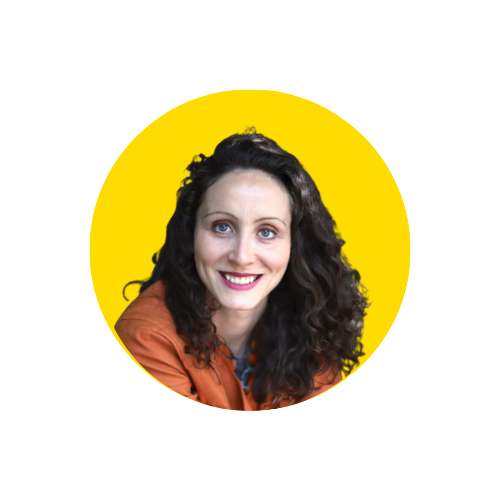
Paula Führer
Paula's focus is on anti-discrimination, social justice, diversity awareness, solidarity/accompliceship and working with white people in a way that is critical of racism. It is important for Paula to work holistically: She acts in a process-oriented, appreciative, decelerated and mindful way. Artistic-creative methods that bring our embodied knowledge and our feelings into play make the workshops versatile, varied and appeal to different types of learners.
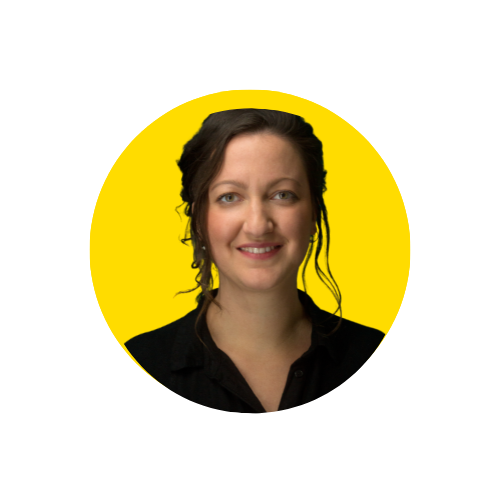
Selena Dolderer
Selena's expertise is in the field of unconscious bias, inclusive recruitment, inclusive teams and change agent support. She specialises in HR processes, working in the film, media and television industry, and lectures at German and Dutch universities.
Selena attaches importance to recognising personal room for manoeuvre in order to create self-determined, inclusive change in the team and processes. In training sessions, it is important for her to work in an appreciative way and to include the personal experiences and strengths of the participants.
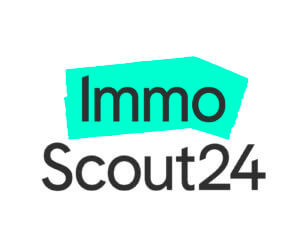
"I really liked the setup of the workshop and the way of making us reflecting. Floria gave us some good starting points for fighting against biases and I now have a better idea how to improve on these fields."
Aaron Winn, Head of Technology Immobilienscout24








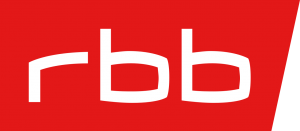

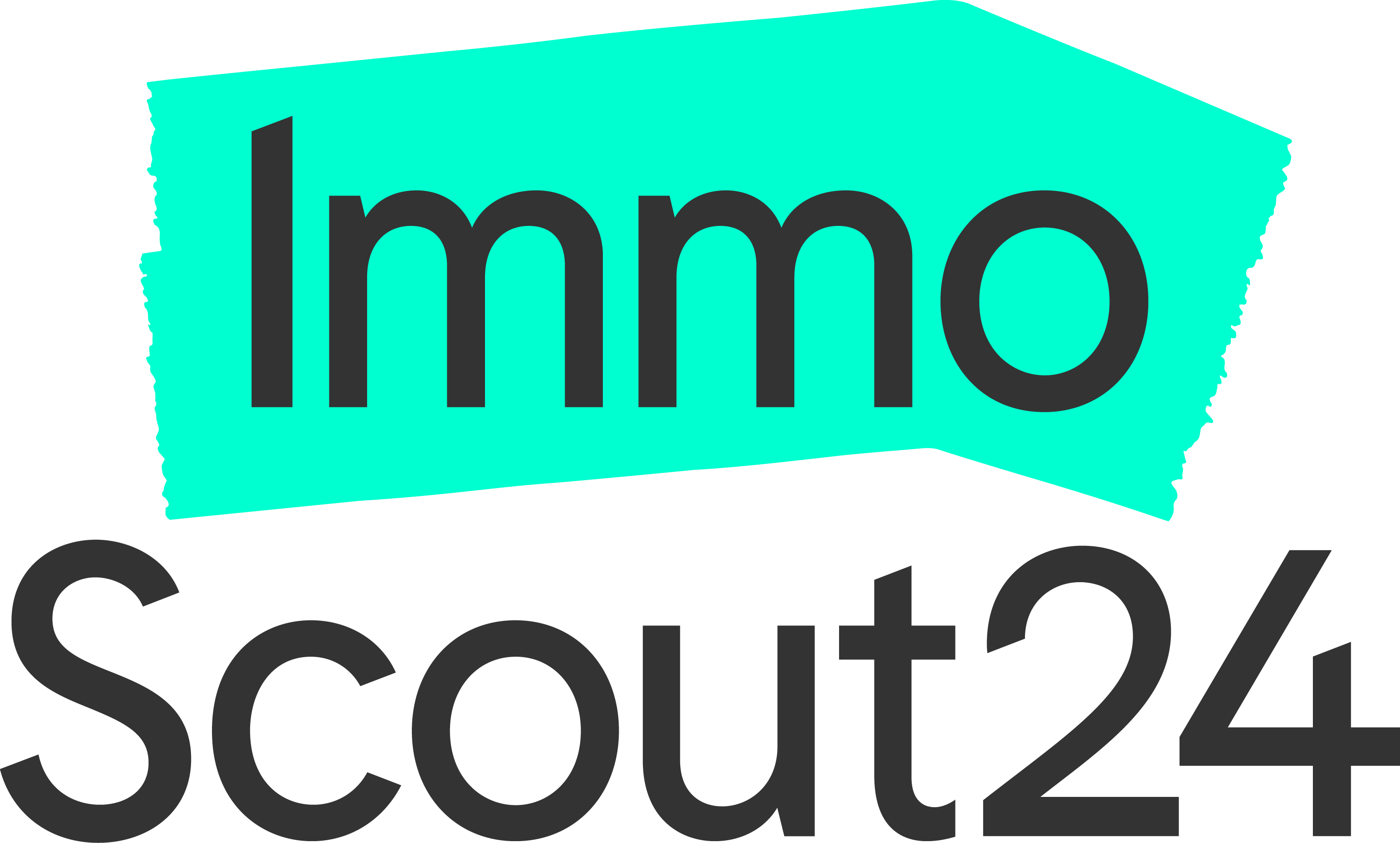

Request a preliminary consultation for Unconscious Bias Training now.
We get to know each other and clarify your goals. In the process, we talk about a training format that suits you.
FAQ Unconscious Bias Training
What is special about your unconscious bias training?
- We have the necessary in-depth training and years of experience in navigating people through this sensitive topic. It is definitely not enough to be affected by discrimination yourself or just to know the subject well. You need didactics. You get that from us.
- We always think in an intersectional and power-critical way. This means you will learn about all dimensions of diversity with us, not just binary gender. And we will delve deep into the topic of privilege. It will be a profound journey.
- We also focus on structural and institutional discrimination. This means that unconscious bias training should be accompanied by an analysis of your company structures. We will be happy to advise you on this.
What is unconscious bias training good for?
As a company in a globally networked world, you can no longer afford to have a prejudiced working environment. And it should also be clear that we have an anti-discrimination law (AGG). Real talk: talented people go where they are truly valued, have prospects for management positions and don't have to fear sexist, racist, homophobic or ableist discrimination. Nobody is discriminated against at your company? Okay, then let's find out analytically and based on data... My years of experience as a consultant have shown me that it is precisely where this belief prevails that a lot of discrimination takes place in secret. So, don't be like them and go for it!
Our managers don't have that much time. Can it be done in two hours?
Then I recommend my popular in-depth presentations on the topic of how unconscious bias influences your decisions. I have already inspired thousands of people in several DAX companies and also on a smaller scale through this lecture and have been able to encourage them to use longer formats.
How can we tell whether something has changed as a result of unconscious bias training?
The results of unconscious bias training can be measured and evaluated through various methods, such as feedback forms, surveys, self-assessments and behavioral observations. Long-term changes can be assessed through diversity metrics, employee satisfaction and retention, and analysis of decision-making processes and organizational cultures. Training is best embedded in a diversity strategy. Then you will see the best results. We are happy to advise you.
How is your unconscious bias training structured?
We have developed a special concept for a transformative learning journey on the topic, in which a maximum of 12 people can participate. This learning journey consists of interactive keynote speeches, self-reflection exercises, small group exercises and large group discussions. We appeal to both introverts and extraverts. Come to the preliminary talk to find out more.
